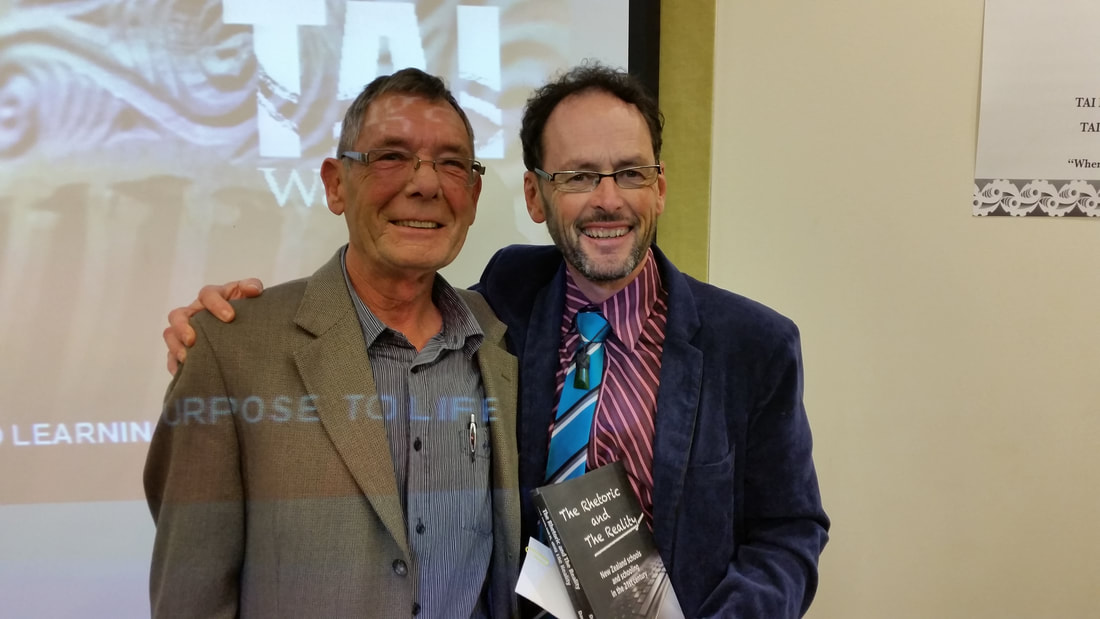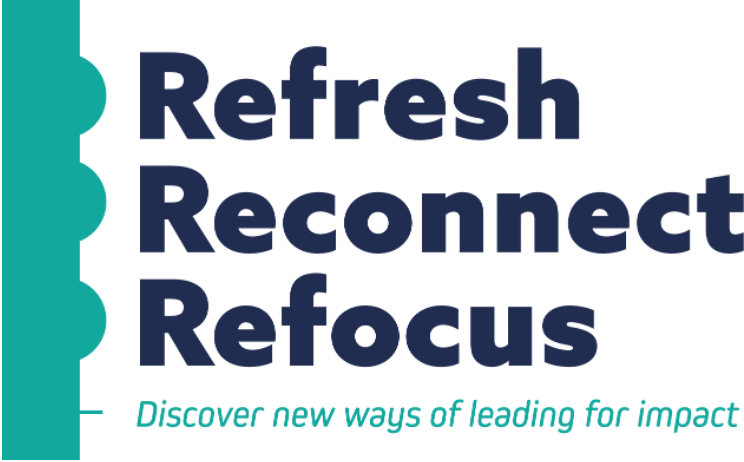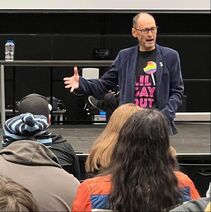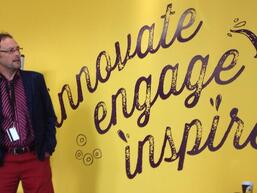Email: [email protected] | Phone: (64) 0272888009
How Might We Lead Towards a Qualification That Is Driven By Core Beliefs In Our Own School?2/3/2024 Last week I got an email from David Hood and he spoke about the launch of his book From Rhetoric to Reality, and about the work we had done together and the people we had worked with. I attended the book launch in May 2015 and on my return home published the following post: Principal Possum, May 2015
I almost didn't go to the launch of David Hood's book, The Rhetoric and The Reality: New Zealand schools and schooling in the 21st century, last Wednesday night. It would mean a late afternoon drive to Hamilton to attend the function and then not getting home until 11.00pmish. I'd been feeling a bit flat all week and quite fatigued and nearly talked myself out of it.
0 Comments
For the first time in twenty years I didn't spend the summer break with some concerns about the upcoming school year nagging away at me like a rock under my towel on the beach.
Every prior summer would have me worried about things like staffing, resourcing, property and also my own sense of my own capability and capacity. Retirement from principalship has brought some advantages (though I still miss the impending excitement for a fresh year with students and staff!). I still got riled up about the seasonal issues that rise to the surface such as the cost of school uniform (who needs it?), the growing anxiety that some students would be experiencing as they grappled with the institutional demands of their school (uniform, jewelry, hair styles, fear of not fitting in, lack of connection) - obviously not all students, but apparently an increasing number. Last week I came across this post on LinkedIn: Happy New Year to you all. If you've read some of my recent posts you may recall how I've used my big, hairy goal of running 100 miles at the Tarawera Ultra Marathon in February as a metaphor for school transformation. I have written about setting a truly aspirational goal, one that has some chance of not being able to be achieved and the importance of sharing it which gives some impetus to really trying to achieve it.
In settling on the aspirational goal it is vital to be very clear on your 'why' - a step that is often overlooked. This can be focused on by asking yourself, "Why might I [choose to run 100 miles]" - insert own big, hairy goal. In my case my 'why' is to test what I am truly capable of as I make the journey through my 60s. I love the How Might We Lead title of my little venture that is designed to support school leaders and their teams to look at how they might lead differently so they can bring their moral purpose to life in a way that allows teachers and students to thrive.
The 'How' puts the focus clearly on exploring possibilities and focusing on process. The 'Might' hints at the possibility of not finding the answer straight away but suggests giving some things a go. The 'We' centres on exploration and trying things out as a collective, networked activity. I'm hugely excited by a recent and ongoing collaboration with Derek Wenmouth and his platform FutureMakers. His platform has a cool title, too, as it points to where our focus should be (Future), with the 'Makers' bit pointing to the agency that needs to be developed in leaders so that they can bring life to their vision for the future. In my previous post I focused on the view that the number one principle seems to be that effective schools have clearly articulated and shared beliefs about learning that are lived in every classroom.
This post proposes that the clearly articulated and shared beliefs about learning that are lived in every classroom need to be driven by a vision and mission which are deeply informed by new contexts for learning. In the previous post I stated that, in the end, it doesn't matter what the core beliefs about learning are but that it was vital that they were lived in every classroom. But, of course, it does matter. While exploring the Education Leadership group on Linkedin I came across this:
I have been delving more deeply into the work of Modern Learners, Centre for Educational Research and Innovation (OECD), Michael Fullan and Chris Leadbetter and their work with the Centre for Strategic Education, Valerie Hannon and her work with the Innovation Unit and Russell Bishop's Teaching/Leading to the North-east which I mentioned in my previous post. I am doing this to attempt to distill the key principles relevant for schooling and learning design that are reflected in their work.
A couple of things have happened. You might not connect with the following metaphor but it works for me.
I've been running 'competitively' for 50+ years. I don't think a lot about the 'how' of running; I reckon I know how to do it and I just get out and run. If someone asked me to describe how to run I'd have to stop and think because, for me, I just put one foot in front of the other and lean forward. The way I run is habitual and just happens. 2 posts ago I wrote about the importance of making sure your big hairy goals are put out there for others to see. I think this gives some accountability and impetus when things start to drag or halt. I used the example of my goal to run 100 miles (160k) at the Tarawera Ultramarathon in February. I noted that I had been given advice to really establish my 'why' for doing such a crazy thing.
The 'What We Offer' Page on the website gives a good description in general terms on how HMWLead can work with schools on their journey of transformation. This brief post gives a summary of the work we are currently doing with schools to give you an idea of the variety of ways we can work together.
|
HMWLeadEducational Leaders Consultancy Service Provider Archives
November 2023
Categories |
Welcome to a journey of transformative leadership and limitless possibilities.
Let us help you make a lasting impact
Email: [email protected] | Phone: (64) 0272888009
Web Design by SBWD










 RSS Feed
RSS Feed